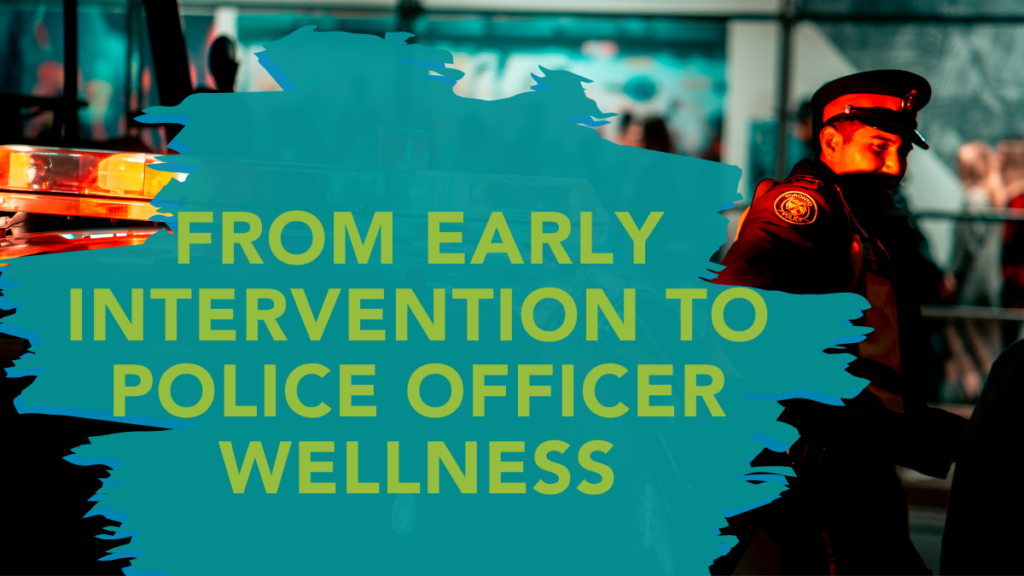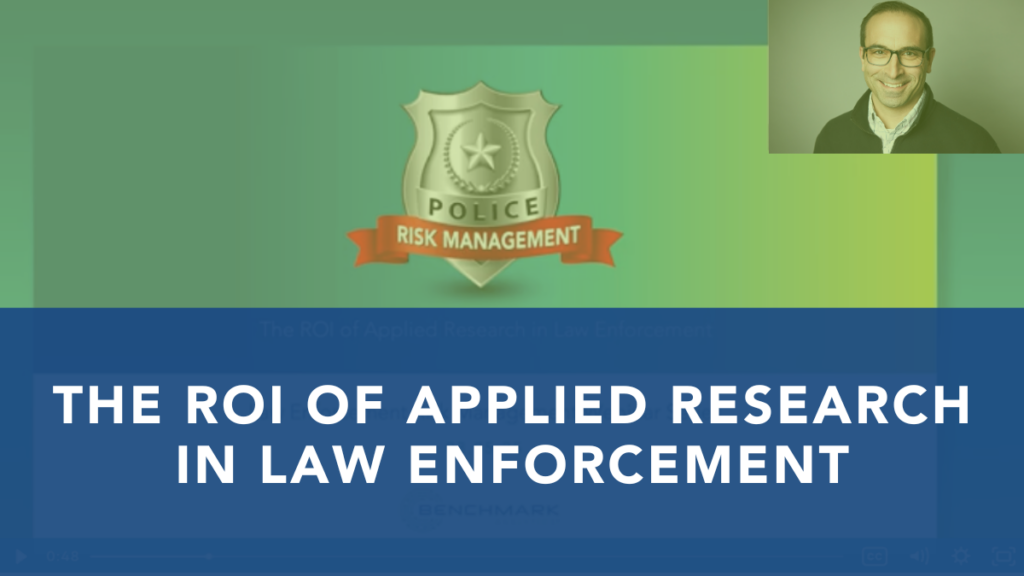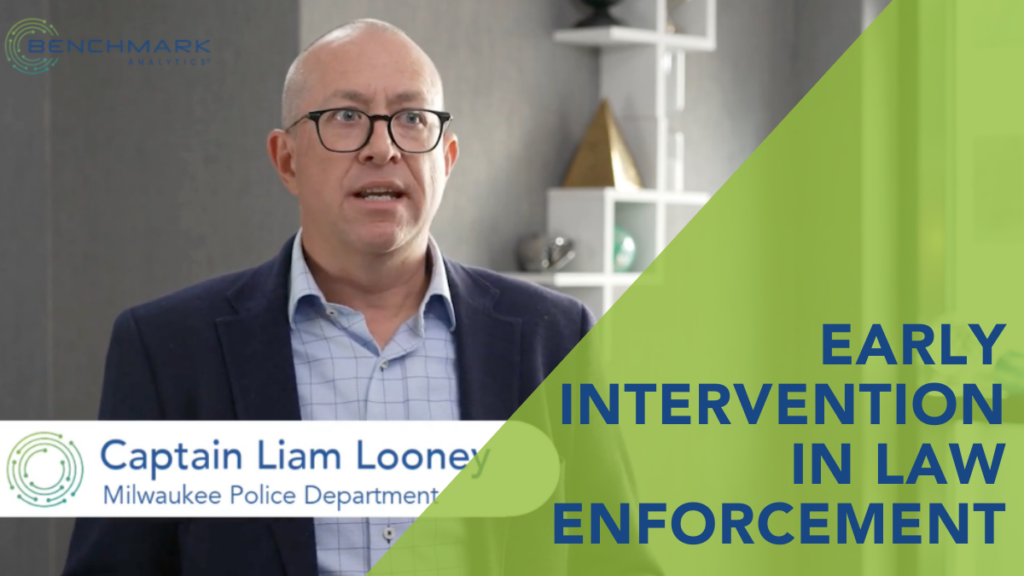Benchmark Analytics Invited to the White House for Police Accountability Summit
Posted
April 3, 2023
Share:
Benchmark Analytics was invited to participate in a roundtable discussion on March 15, 2023, hosted by the White House and the Office of Science and Technology Policy. The topic of conversation was President Biden’s Executive Order from May 2022 on Advancing Effective, Accountable Policing and Criminal Justice Practices to Enhance Public Trust and Public Safety. Specifically, the gathered team was seeking to assess the current state of data collection, use, and transparency practices in law enforcement agencies across the country.
Safety. Specifically, the gathered team was seeking to assess the current state of data collection, use, and transparency practices in law enforcement agencies across the country.
Denice Ross, the U.S. Chief Data Scientist, opened the session by laying out the key principles of accountable and equitable data, including:
- Ability to Disaggregate
Basically, how can you slice and dice data? Can you metaphorically pick up the information, reposition it and look at it from another angle? All while balancing data privacy and transparency, of course. - Maximum Utilization
There is a tremendous amount of underutilized data that exists in the world today. How can we leverage information already being captured to gain new insights? - Analytic Capacity
Is there the ability to dig into the data? That includes data quality, systems/tools for analysis, and the human capital/skill to understand the data and make it actionable. - Open and Shared
Successful data initiatives should be available through diverse partnerships for various perspectives on content, analyses, and outcomes. - Accountable and Transparent
Last, and far from least, the data has to be accountable and transparent. Full stop, period.
From there, the discussion transitioned to law enforcement data transparency and collection. It was a vibrant group dialogue echoing a collective and clear passion for service. The conversation took us through several interesting challenges around data collection. As one example, an agency might have multiple different sets of reporting standards for the exact same data points. Stated differently, use-of-force data reported to the FBI is, in many cases, dramatically different than use-of-force data required by state legislation — which can also be dramatically different from data required by settlement agreements (consent decrees) or civilian oversight. Today, the federal government collects the following data:
- NIBRS
- Incidents (arrests)
- Hate/bias crimes
- Use of force
- Law enforcement demographics
- Law enforcement/workforce characteristics
- Police-Public Contact Survey
- National Crime Victimization Survey
This is a good start – but this list lacks so many key elements. Only capturing whether a force incident occurred (or did not occur) misses valuable scenario context:
- What was the force encountered?
- Were there any attempts at de-escalation?
- How did proportionality of force play into the situation?
- What is the officer’s peer group and the expected force utilization patterns for that peer group?
- Moreover, how do OTHER parts of that officer’s behavior pattern impact the force utilization and proportionality on any given day?
These are the meaty questions that need to be answered to build truly equitable data and enhance public trust.
Not surprisingly, the federal government is looking to augment current data collection with the following:
- De-escalation incidents
- Patrol locations
- Complaints
- Officer training
- Community engagement
- Vehicle pursuit
- Other
These data points help tell the full story of an incident and an entire pattern of behavior. Still, software platforms cannot be unduly burdensome. Law enforcement officers are amazing civil servants tasked with protecting and guarding communities, not with building complex data schemas and reports. As a partner and software provider, we are constantly asking ourselves questions – how can we improve design and deployment of data collection tools to make life easier for the officer on the street while still maximizing the value of the resulting data? How can we provide law enforcement agencies with collaboration and education on best practices to simplify data collection and prioritize accountability and transparency?
Ultimately, everyone agreed that data transparency is the key to trust. With the power of analytic platforms, law enforcement agencies can harness the power of data to help tell a full and accurate story of officer behavior.
This session was part of a series of roundtables; OSTP also met with community members, academia, law enforcement agencies, and various other key stakeholders. Ultimately, all their learnings will feed a final report on Equitable Data due to President Biden on May 25. If that date is not immediately familiar to you – it’s the third anniversary of George Floyd’s death in Minneapolis. That significance isn’t lost on the Working Group; they understand the importance of this work and the unique role data plays in identifying, predicting, and ultimately preventing negative incidents.
Only through equitable and actionable data will we begin to bridge the divide and enhance public trust in public safety.
Related Posts
Ready to Experience the Benchmark Difference?
Benchmark Analytics and its powerful suite of solutions can help you turn your agency’s challenges into opportunities. Get in touch with our expert team today.



